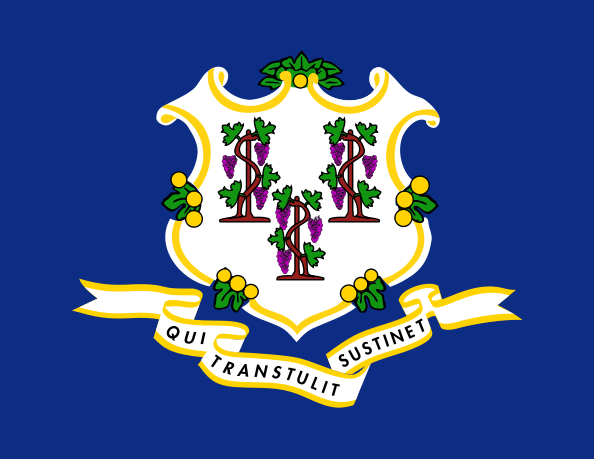Connecticut Shade grown tobacco is one of the most popular type of tobacco lead used on cigars. It is not only grown in the State of Connecticut, but the seeds are used to grow the crop in many other regions and foreign countries. Now three Connecticut lawmakers want to ensure that there is no confusion between the home grown Connecticut Shade tobacco leaf and Connecticut Shade tobacco not grown in the State. This past week Senator Chris Murphy (D-Connecticut), U.S. Representative John Larson (D-Connecticut), and U.S. Representative Joe Courtney (D-Connecticut) have written the U.S. Food and Drug Administration (FDA) and U.S. Federal Trade Commission (FTC) to prevent labeling foreign-grown and out of state grown Connecticut Shade tobacco as “Connecticut”.
In a press release by Senator Murphy’s office, this action comes as a result of hearing from constituents and farmers in the State of Connecticut. The lawmakers state point out that while both Connecticut Shade tobacco is grown in Connecticut as well as other regions, the conditions of the climate and the soil can yield a different crop of tobacco, and they want no confusion of what the final tobacco type it is. In other words, the lawmakers don’t want Ecuadorian-grown Connecticut Shade tobacco to be labeled as “Connecticut Shade” – they want that distinction for only the tobacco grown in Connecticut.
In the letter, the three lawmakers state:
[themify_box ]
“We write to you today after hearing concerns from our constituents regarding the mislabeling of foreign cigar products. Connecticut shade tobacco seeds are now not only grown in Connecticut and other areas of the Northeast, but also in Ecuador and other parts of Central and Latin America….The uniqueness of Connecticut shade tobacco is due to the specific environment in which it is grown. Given existing authorities and the responsibilities of your agencies, we urge you to investigate the misbranding of Connecticut shade tobacco products and take action to curb this deceptive practice. While there are myriad challenges facing farmers, being undercut by foreign growers is a clear threat to the long-term viability of the Connecticut shade tobacco industry.”[/themify_box]
The lawmakers cite that the FTC has the authority under 15 U.S. Code § 45 to prevent “unfair or deceptive acts or practices in or affecting commerce”. In addition, the lawmakers also cite that Section 903 of the Tobacco Control Act states a tobacco product can be deemed misbranded if its advertising is false or misleading.
The full text of the letter can be found here.





